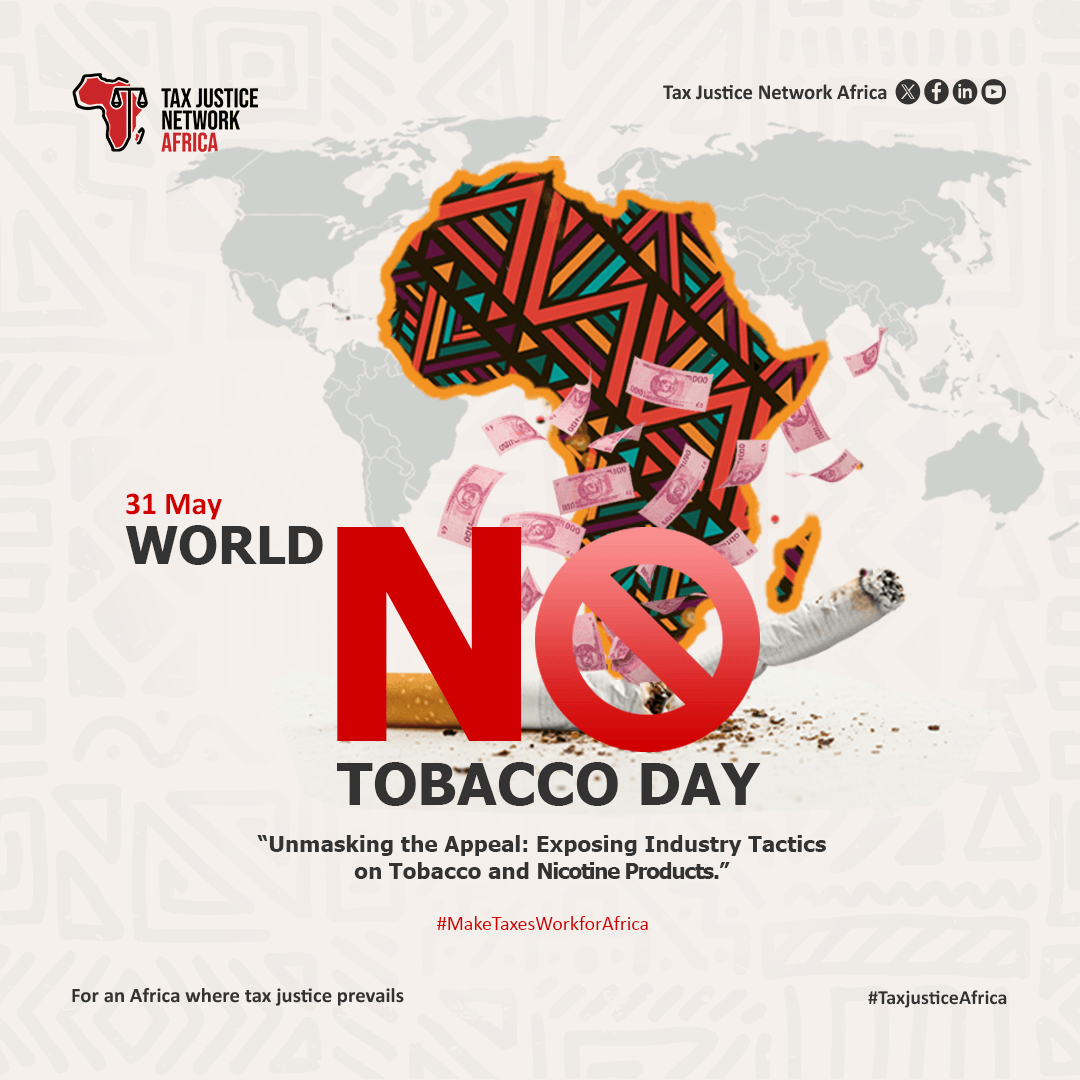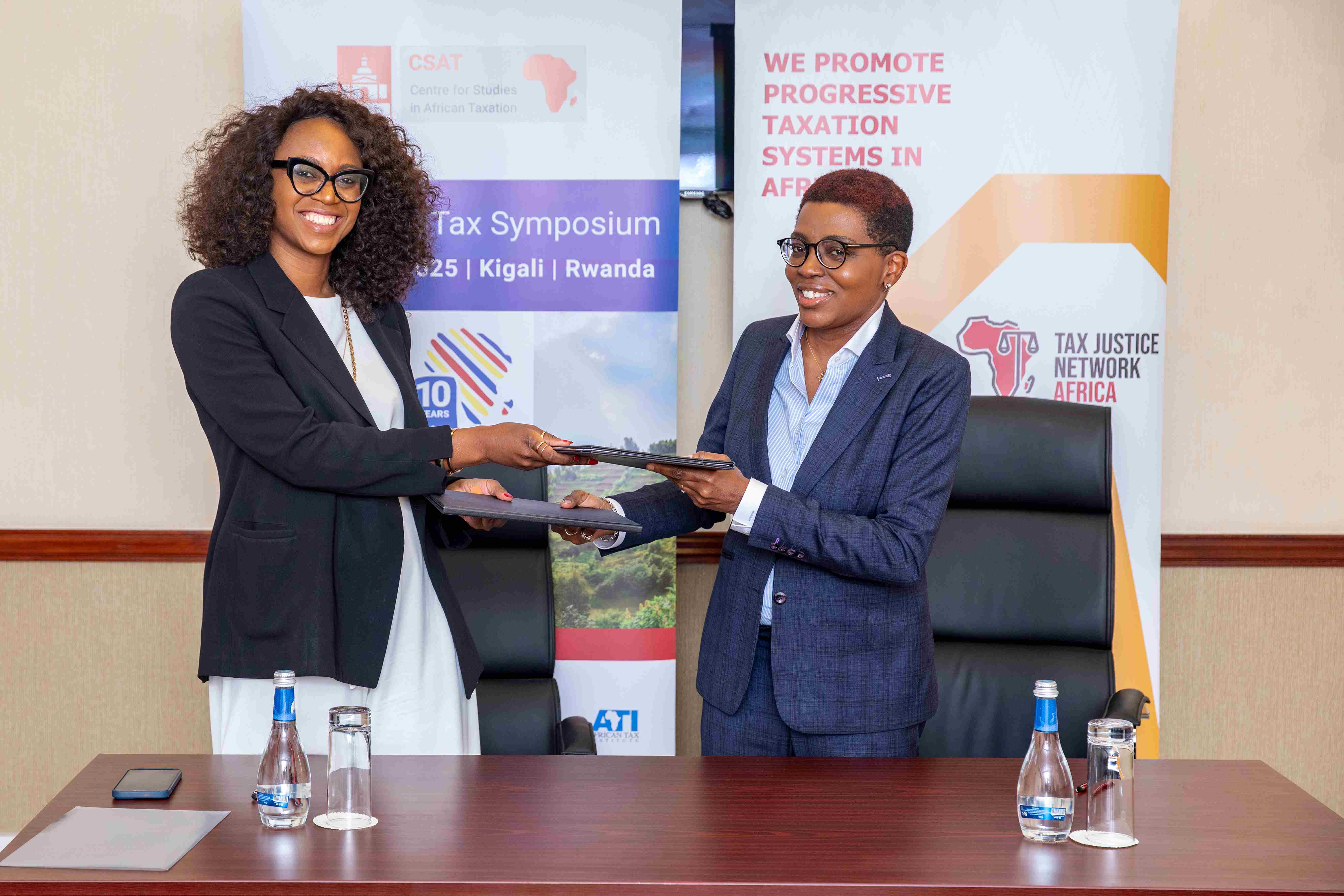
Africa’s vast natural resources should drive sustainable development, but weak governance, tax evasion, and illicit financial flows (IFFs) have led to massive revenue losses. Many multinational corporations exploit regulatory loopholes, shifting profits offshore while communities affected by resource extraction see little benefit. To strengthen natural resource governance across the continent, TJNA advocates for:
- Stronger transparency and accountability in extractive taxation and revenue management.
- Improved tax policies to curb tax evasion, profit shifting, and illicit financial flows.
- Public disclosure of extractive revenues to ensure equitable taxation.
- Fair revenue-sharing mechanisms that benefit both governments and local communities.
- Enhanced domestic capacity to negotiate better tax agreements and regulate extractive industries.
A key part of this effort involves addressing conflict management, Africa Mining Vision (AMV) domestication, and the implementation of the Extractives Industries Transparency Initiative (EITI) to strengthen governance and fairness in the extractive sector.
Conflict Management in Resource Governance
Resource-related conflicts arise when local communities feel excluded from the benefits of mining, oil, and gas extraction. The lack of fair revenue-sharing mechanisms, environmental damage, and displacement of communities' fuel tensions between governments, corporations, and citizens.
TJNA advocates for policies that allocate a fair share of extractive revenues to affected communities through transparent revenue-sharing models. Additionally, stronger governance frameworks are needed to combat corruption and mismanagement, ensuring that extractive revenues contribute to local development and social stability.





